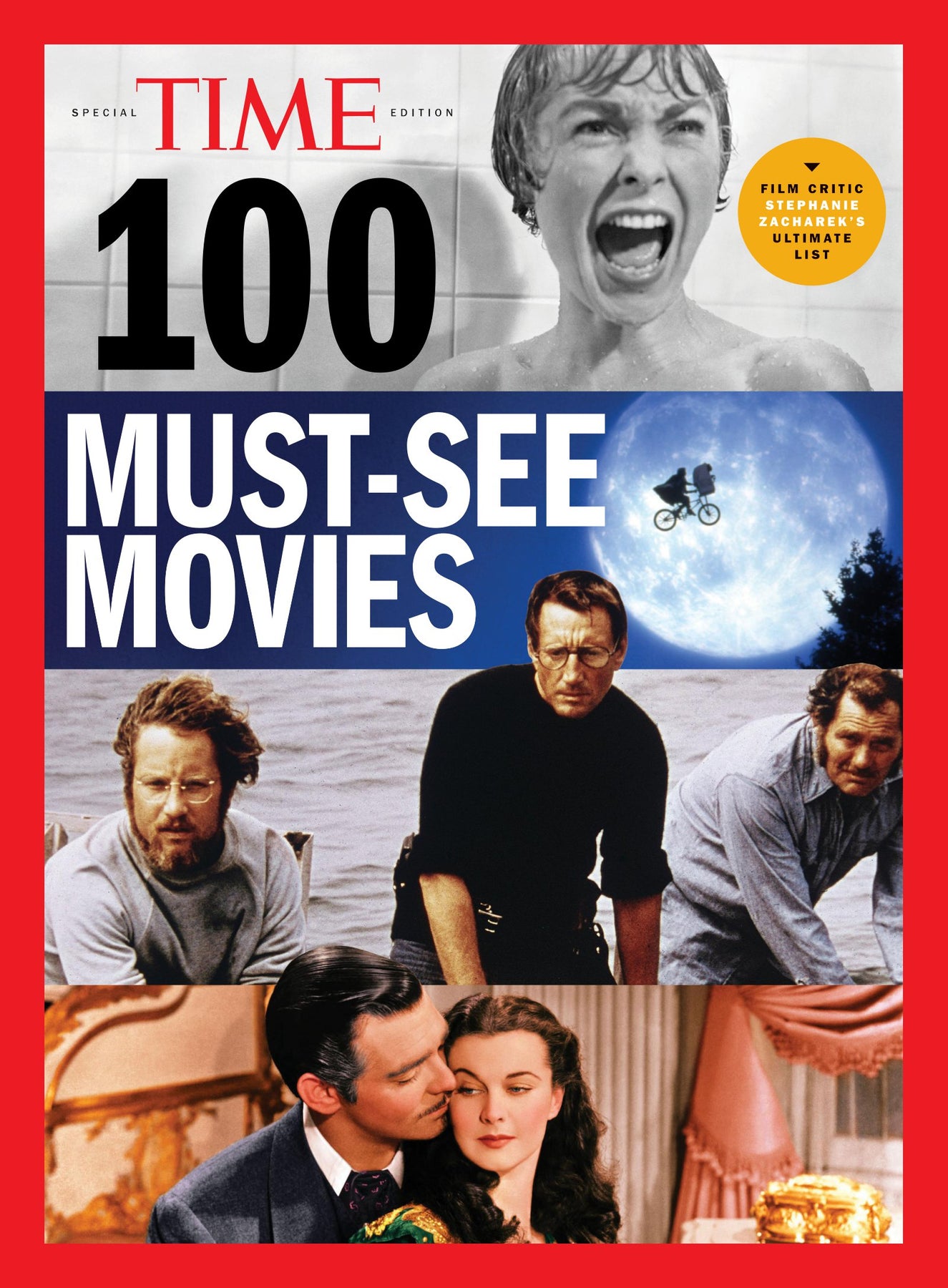CJ Attard Insights
Exploring the latest trends and insights in various industries.
How Movie Clichés Shape Our Expectations
Discover how movie clichés influence our perceptions and expectations—unravel the secrets behind your favorite films!
The Role of Clichés in Crafting Memorable Movie Moments
Clichés have an undeniable presence in cinema, often serving as familiar touchstones that resonate with audiences. By employing cliché phrases or scenarios, filmmakers tap into collective experiences and emotions, creating moments that feel instantly recognizable. For instance, the classic trope of a hero's journey or the romantic lead declaring their love in the rain evokes strong emotional responses. Audiences find comfort in these patterns, as they can easily predict the outcomes while still enjoying the ride. As a result, clichés help craft memorable movie moments that stay etched in our minds.
However, the effectiveness of clichés in storytelling lies in their execution. When used creatively, they can elevate a film beyond mere predictability. Directors and writers often subvert expectations by twisting these familiar tropes, transforming a cliché into a powerful narrative device. This balance between using established motifs and injecting originality is crucial for keeping the audience engaged. Ultimately, the role of clichés in crafting memorable movie moments demonstrates their potential to bridge the gap between familiarity and innovation in cinematic storytelling.

Breaking Down Common Movie Tropes: What They Mean for Audiences
In the world of cinema, movie tropes are recurrent themes, motifs, or clichés that emerge across various films. These familiar narrative devices serve as shortcuts for filmmakers, allowing them to convey complex ideas or character motivations without extensive exposition. For example, the 'reluctant hero' trope often features a character who is initially hesitant to take on a challenge but eventually rises to meet it. This archetype resonates with audiences as it reflects a common human experience—overcoming doubt and embracing one's potential. Understanding these tropes can enhance viewers' appreciation of storytelling nuances and deepen emotional engagement.
However, while common movie tropes can provide a sense of comfort and familiarity, they can also lead to predictability and fatigue among audiences. When filmmakers lean too heavily on these clichés, they risk alienating viewers who crave originality and depth. For instance, the 'love at first sight' trope, though romantic, can oversimplify complex relationships and reduce character development. By breaking down these stereotypes and exploring their implications, audiences can cultivate a more critical perspective on the films they watch, challenging themselves to seek out innovative storytelling that transcends traditional conventions.
Do Movie Clichés Influence Our Real-Life Expectations?
Do movie clichés play a significant role in shaping our real-life expectations? Many people find themselves influenced by the narratives they consume on screen, leading to a series of assumptions about romance, adventure, and conflict. For instance, romantic comedies often depict relationships as having a clear beginning, middle, and end, filled with melodramatic conflicts that resolve neatly by the end of the film. These portrayals can cause audiences to develop unrealistic standards for their own relationships, expecting constant excitement and dramatic resolutions rather than the often mundane reality of daily life.
Moreover, movie clichés can also impact our perceptions of social interactions and personal achievements. The archetypal 'underdog' story, where the protagonist overcomes extreme odds to succeed, can create unrealistic expectations about personal growth and success. People may assume that their own paths should mirror these cinematic journeys, overlooking the complexities and uncertainties that life often presents. As a result, the influence of film on our real-life expectations is both profound and pervasive, prompting a need for critical engagement with the media we consume.